The table you linked to was wrong until I fixed it a few hours ago. NP-Complete problems are a subset of NP problems, and all NP problems are verifiable in polynomial time by definition. NP-hard problems are those problems which are at least as hard as any other NP problem (which is sort of unintuitive, because problems not in NP can be NP-hard).
To be NP-Complete a problem must be
- in NP
- NP-hard
to be complete in a specific complexity class, a problem must be
- in that complexity class
- at least as hard as any other problem in that complexity class
We have to define "at least as hard". Suppose we have a problem A in NP. To prove it is NP-hard (and therefore NP-Complete), we show that all problems in NP can be converted to A in polynomial time. Because A takes at least polynomial time to solve, and polynomials are closed under addition, the conversion is now negligible, and the runtime is the same as the runtime of A (in terms of it being polynomial or not).
Once you have one NP-Complete problem, you can prove a problem A in NP is NP-hard (and therefore NP-Complete) by taking another NP-Complete problem B and converting it to A in polynomial time.
I hope this makes it clear that NP-Complete is a subset of NP-hard (and that the table you linked to was wrong).
